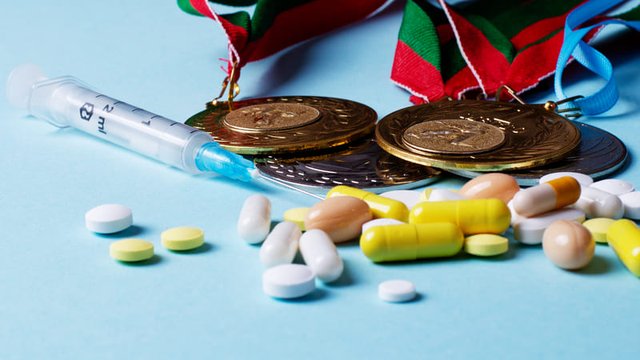India, January 14:
India has emerged as the second-highest country in terms of the number of athletes currently barred from participating in international competitions due to doping violations.
Adille Sumariwala, the outgoing president of the Athletics Federation of India (AFI), and World Championship bronze medallist Anju Bobby George believe that the increasing number of detected doping cases reflects the effectiveness of intensified testing efforts to identify and penalize offenders.
As per the Athletics Integrity Unit (AIU) data for the year ending December 2024, Kenya leads the list with 119 cases, followed by India with 108. Russia occupies third place with 73 ineligible athletes, as reported by Telecom Asia Sport on Monday.
In comparison, China has only 26 doping cases, while the United States has just 16 athletes currently banned.
In recent weeks, four Indian athletes have been added to the list of those disqualified from participation in sports events.
Last week, the AIU suspended Archana Jadhav, an Indian middle-distance runner, for using a prohibited substance. In December 2024, three other Indian athletes—sprinter Ankit Kumar (100m, 200m), Vinit Rathi (3000m steeplechase and 5000m), and Jeyavindhiya Jegadish, an Asian junior medallist in the 400m and 400m hurdles—were also sanctioned for doping violations. Kumar faces a four-year suspension, while the other two have been banned for three years.
Highlighting this issue, two-time Olympic medallist Neeraj Chopra has recently expressed concerns over doping in Indian athletics.
“Nowadays, doping is a big problem in India among our athletes. I want to tell them that once doping is in their mind, it gets hard in the future. They are unable to play at that level. They think that only doping can improve their performance, but that is not the truth. It is their hard work and self-belief, that proper guidance from the coach will take you forward,” Chopra stated.
Chopra, who clinched India’s first athletics gold medal at the 2020 Tokyo Olympics and a silver medal at Paris 2024, emphasized the need for athletes to rely on hard work and proper coaching rather than performance-enhancing drugs.
The rise in the number of doping cases in India and Kenya over the past two years is significant. While Kenya and India recorded 54 and 65 ineligible athletes, respectively, as of December 31, 2022, these figures rose to 119 and 108 by the end of 2024.
This trend raises concerns about the future of Indian sports and poses a challenge to the country’s aspirations of hosting the 2036 Summer Olympics.
Sumariwala remains optimistic about the increased detections, saying, “If more people are getting caught, it’s good, which means that we are testing more, we are catching more, we are catching all the crooks and culprits. So I think it’s a good sign that people know that over some time, you will get caught if you dope, and then that’s the only way you will see a reduction in the long term.”
Anju Bobby George, India’s first medallist at the 2003 World Athletics Championships, commended the AFI’s efforts to raise awareness among athletes. She urged young athletes to avoid doping, stating, “Don’t suffer for life for short-term gain. Be wise.”
Sumariwala reiterated AFI’s zero-tolerance stance on doping, noting that most cases originate at the district level, where some coaches are involved in supplying banned substances. “Doping is mostly done at the district level, where district coaches are responsible for even supplying banned substances to juniors, which is again an offence under the Juvenile Act,” he said.
He also stressed the need to criminalize doping, revealing that the AFI is working with the government to strengthen the anti-doping framework and legislation.



